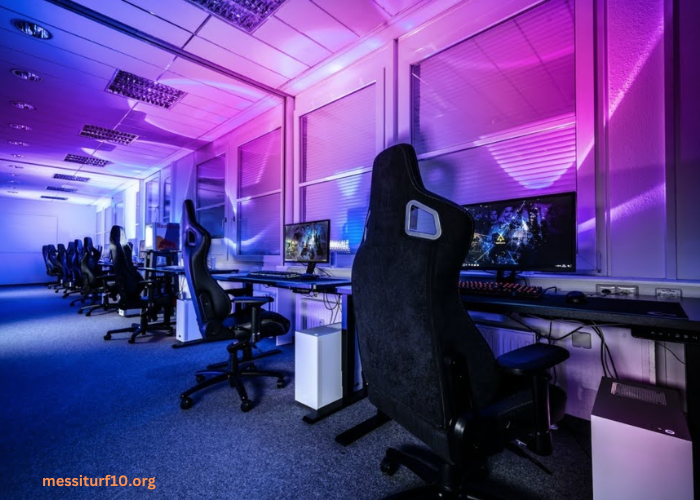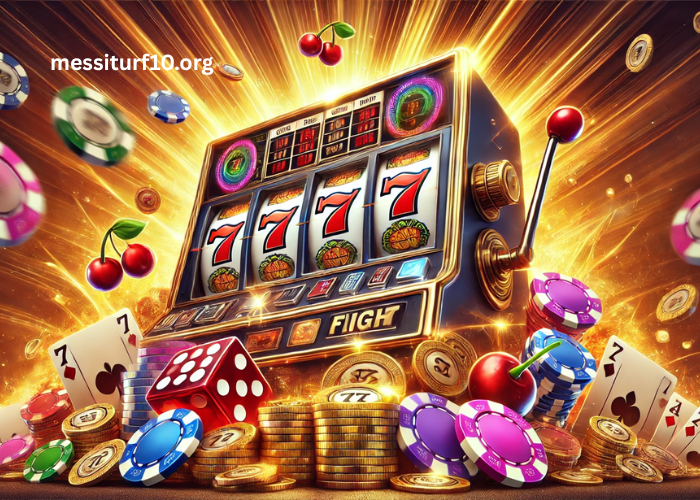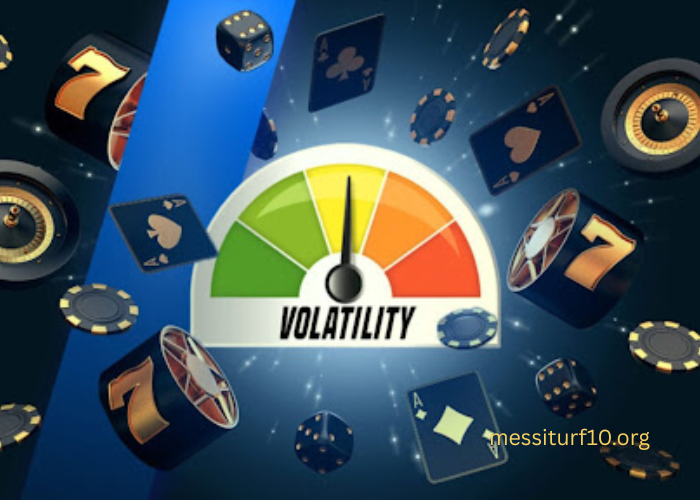THE EVOLUTION OF ESPORTS
Remember the days when gaming was seen as a solitary activity, confined to the four walls of a dimly lit room? Well, those days are long gone. Esports, short for electronic sports, has transformed the gaming landscape into a global spectacle where players showcase their skills, strategies, and, let’s be honest, sometimes their hilarious blunders, to a captivated audience.
What started as friendly neighborhood LAN parties has now grown into multimillion-dollar tournaments that fill arenas and command online audiences bigger than some traditional sports events. Titles like League of Legends, Dota 2, and Counter-Strike: Global Offensive have become the virtual arenas where players battle it out for fame, fortune, and the coveted title of esports champion.
ESPORTS: MORE THAN JUST GAMING
Esports isn’t just about winning games; it’s about community, passion, and the thrill of competition. The rise of competitive gaming has created a global community that transcends geographical boundaries. Players from different corners of the world unite under the banner of their favorite games, forming friendships and rivalries that wouldn’t have been possible without the digital realm.
Take, for example, the Overwatch League, a professional esports league for the popular game Overwatch. Teams representing cities like Seoul, New York, and London compete in a format reminiscent of traditional sports leagues. This geographical connection brings a sense of hometown pride, turning esports into a cultural phenomenon that resonates with fans on a personal level.
BREAKING STEREOTYPES: GAMERS AS ATHLETES
Gone are the days when the image of a gamer was a solitary figure hunched over a keyboard in a dark room. Esports athletes are breaking stereotypes and redefining what it means to be an athlete. These players undergo rigorous training, mental conditioning, and strategic planning to stay at the top of their game.
Let’s not forget the physical demands of esports. Professional players, particularly in games that require split-second reflexes and precision, face challenges akin to traditional athletes. Injuries like carpal tunnel syndrome and strained eyesight are genuine concerns, emphasizing the need for physical well-being in the esports realm.
THE BUSINESS OF ESPORTS

The cultural significance of esports is also evident in its economic impact. What was once a niche market is now a booming industry with lucrative sponsorships, advertising deals, and broadcast rights. Major companies, recognizing the potential of this growing market, are investing heavily in esports teams, events, and infrastructure.
One of the most notable examples is the partnership between Nike and the League of Legends Pro League (LPL) in China. This collaboration marked a significant step in the mainstream acceptance of esports, as a renowned sports brand recognized the prowess and dedication of esports athletes.
FROM PIXELS TO PIXELS: ESPORTS AND STREAMING
Streaming platforms like Twitch have played a pivotal role in the popularity of esports. The ability to watch live broadcasts of tournaments, coupled with the interactive nature of streaming, has turned esports into a spectator sport that rivals traditional forms of entertainment.
Take the case of Tyler “Ninja” Blevins, a professional Fortnite player turned Twitch superstar. His streams attract millions of viewers, and he’s become a household name, transcending the gaming community. This crossover into mainstream culture showcases the growing influence of esports on the broader entertainment landscape.
ESPORTS AND INCLUSIVITY
Esports is not just for the elite few; it’s a space where diversity and inclusivity are gaining traction. The rise of women in esports, for instance, challenges the notion that gaming is a male-dominated domain. Female players and esports personalities are making their mark, inspiring a new generation of gamers to pursue their passion without gender-based barriers.
Moreover, initiatives like the Special Olympics esports programs underscore the inclusivity of gaming, offering a level playing field for individuals of all abilities to compete, fostering a profound sense of belonging and accomplishment. If you’re passionate about gaming and wish to delve into topics like the evolution of the gaming industry and the rise of virtual reality on your YouTube channel, consider amplifying your reach with platforms like YouTubeStorm.
THE FUTURE OF ESPORTS
As we stand at the intersection of gaming and mainstream culture, the future of esports looks incredibly promising. With advancements in technology, the rise of virtual reality, and the continuous evolution of gaming genres, we can only imagine what the next chapter holds for competitive gaming.
Esports is not merely a trend; it’s a cultural shift that has embedded itself in the fabric of our society. Whether you’re a seasoned gamer, a casual enthusiast, or someone who’s just beginning to explore the world of esports, one thing is for certain – the journey is bound to be exhilarating.
In conclusion, as we celebrate four years of exploring the ever-expanding universe of gaming, let’s raise our virtual glasses to the cultural significance of esports. It’s not just about playing games; it’s about building communities, shattering stereotypes, and creating a space where everyone, regardless of background, can find their place in the exhilarating world of competitive gaming. Cheers to the future of esports, where pixels meet passion and virtual battles become legendary tales!





